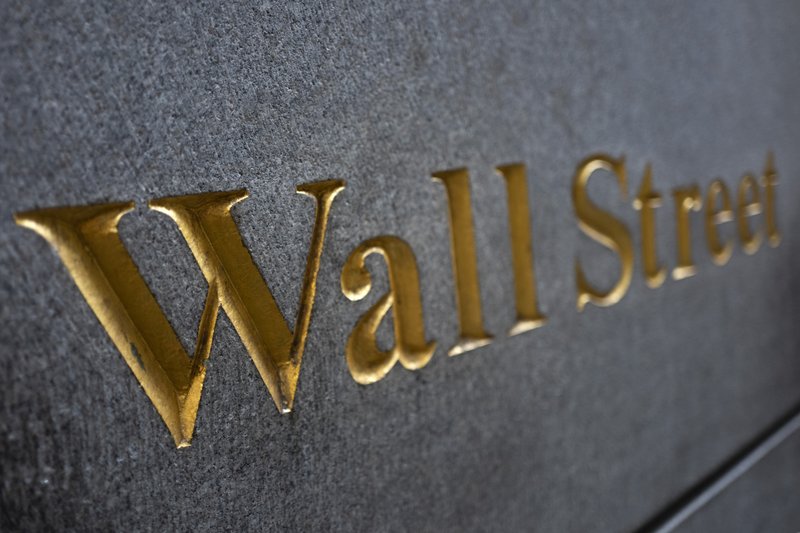Wall Street closed out the market's best week in eight months Friday with a broad slide as technology and health care stocks gave back some of their recent gains.
The pullback, which followed a sell-off in markets around the world, snapped a four-day winning streak for the major U.S. stock indexes.
The S&P 500 fell 18.07 points, or 0.5%, to 3,327.71. That trims its gain for the week to 3.2%, which is still its best performance since June. The Dow Jones Industrial Average dropped 277.26 points, or 0.9%, to 29,102.51. The Nasdaq slid 51.64 points, or 0.5%, to 9,520.51.
Smaller-company stocks bore the brunt of the selling. The Russell 2000 index lost 20.68 points, or 1.2%, to 1,656.78. Stock markets in Europe and Asia also closed lower.
Stocks rallied strongly for most of the week, erasing all their losses from worries about the severity of the economic fallout from a new virus from China that's spreading rapidly. Stronger-than-expected reports on corporate profits and the U.S. economy helped assuage the fears, as did increasing hope that central banks and governments around the world can support markets with rate cuts and stimulus.
But with health experts still unsure how far the virus will spread, how deadly it may be and how much damage it will ultimately cause the global economy, many investors opted to sell Friday to lock in some of their recent gains in case there are negative headlines about the outbreak over the weekend.
"The market is trying to digest all of this going into the weekend after a pretty volatile past couple of weeks," said Ben Phillips, chief investment officer at Eventshares. "This is just a little profit-taking because there are still these risks out there and it's unclear if this coronavirus really does drive a broader global market slowdown."
Uncertainty over the outbreak overshadowed the latest encouraging data point on the U.S. economy. A government report Friday showed that many more jobs were created in January than economists expected. Employers added 225,000 last month, comfortably above December's pace of 147,000.
Economic reports from outside the United States, meanwhile, were more discouraging and helped lead markets lower before trading opened in New York.
In a sign of the market's caution, Treasury yields fell as prices for ultra-safe U.S. government bonds rose.
The encouraging U.S. jobs report notwithstanding, the big wild card for the economy is how much damage the outbreak of the virus spreading from China will do.
Chinese factories and offices are starting to reopen following an extended Lunar New Year holiday, but companies are forecasting big revenue declines because of the closure of stores, amusement parks, cinemas and other businesses.
Toyota Motor said it was extending production stoppages at its China factories by an extra week, to Feb. 16. Nissan Motor said January sales of the company and its local partners fell nearly 12% in January from a year earlier because of the virus outbreak and the prolonged holidays.
Investors were encouraged earlier in the week after China promised tax cuts and other help to businesses in a bid to offset the blow from the outbreak. Beijing also cut tariffs on $75 billion of U.S. imports as part of the first-phase trade deal with Washington signed last month.
Financial, industrial and material stocks also fell, outweighing slight gains by household goods makers and communication services and real estate companies.
Benchmark U.S. crude fell 63 cents to settle at $50.32 per barrel. It dropped below $50 earlier in the week, after being above $60 toward the start of the year. Brent crude, the international standard, slid 46 cents to close at $54.47 per barrel.
In other commodities trading, wholesale gasoline rose 2 cents to $1.52 per gallon. Heating oil declined 3 cents to $1.64 per gallon. Natural gas was unchanged at $1.86 per 1,000 cubic feet.
Information for this article was contributed by Joe McDonald of The Associated Press.
Business on 02/08/2020
